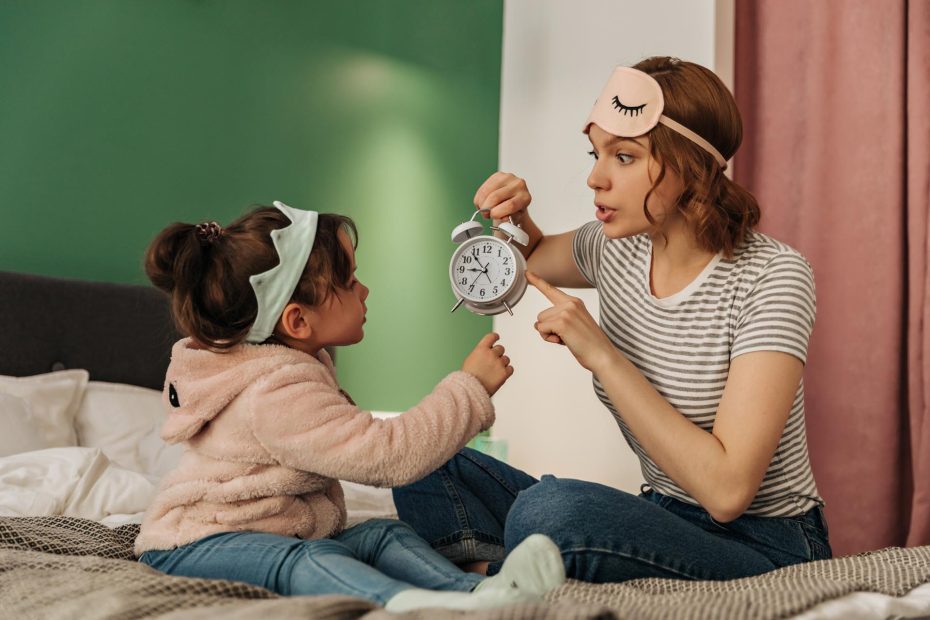If you are new to our website and its articles, we suggest starting with our summary article on The Well-Functioning Family, then come back here for details!
In addition to Connection and Collaboration, the third cornerstone of well-functioning families is Charging Up, which requires well-organized and routine-based operation. Routines help ensure that every member of the family knows who does what, when, in what order, and how often. This creates a predictable home environment, increasing the sense of security for family members and positively impacting children’s behavior. Moreover, routines built around fun or time spent together strengthen the sense of belonging to the community and make family relationships tighter. For example, a nightly bedtime story, regular family meals, or even morning conversations on the way to school can be special times for everyone involved.
What makes a family routine good?
It’s almost self-evident that it needs to be well-planned, where everyone knows and understands the framework, as well as feels their own role is reasonable and fair. For example, children know that after dinner, it’s their task to help clear and wipe the table together, leaving more time for shared evening activities, or perhaps giving parents more time for each other. Another cornerstone of a good routine is that it’s based on regularity; activities become part of everyday family life, such as Sunday lunch at grandma’s, something everyone looks forward to during the week. And last but not least, routines make days predictable because everyone knows what to expect during the week or even on that day. It’s easier for younger children if tasks are always done in the same order, think of bedtime routines, for example.
What elements should a routine consist of?
Regarding routines, we conducted our own research and thoroughly studied available scientific articles. Summarizing this information, we created a structure where activities are organized according to their nature and which are likely to cover the most important points of family routines. Of course, you can create your own structure entirely differently, but we provide detailed guidance on the following areas with the content on our website:
- Sleep and wake time: waking up, making the bed, quiet/rest time, bedtime, bedtime story
- Hygiene and cleanliness: oral hygiene, hair care, hand hygiene, home cleanliness, eating hygiene, physical health
- Eating: mealtime, taking vitamins
- Dressing: getting dressed, undressing, laundry
- School preparation: organized workspace, homework, school supplies
- Responsibilities: deadlines and appointments, extracurricular activities, exercise, assignments, chores
- Leisure time: screen time, family time, individual leisure time
With the above elements, you can easily put together a family schedule, which of course requires a lot of care and attention later on, but you can find plenty of useful information on our website for this as well. You can read about both compiling the routine and following it here.


